What is the right diet for you? It’s a common question, and the answer is simple: there isn’t one. However, there are many different types of diets out there and each one can be tailored to your needs. Below are eight popular diets that have proven effective in helping people lose weight and improve their health.
1. Weight Loss Diets

Weight loss diets are not all the same. They vary in terms of their goals, restrictions, health benefits and side effects. The results of these can be very different for each person, depending on their lifestyle and preferences.
2. High Protein, Low Carbohydrate Diets

A study in the American Journal of Clinical Nutrition found that high protein diets can help you lose weight, but only if your goals are to lose body fat and not necessarily muscle.
According to Dr. Volek, who led this study, "Although many people think that eating more protein leads to greater muscle mass gains when exercising and building strength, research shows that there is no association between eating more protein and losing weight."
On the other hand, another study published in the Journal of International Society of Sports Nutrition found that low carb diets which contain higher amounts of protein can help preserve muscle mass during exercise training programs.
3. Low Fat Diets
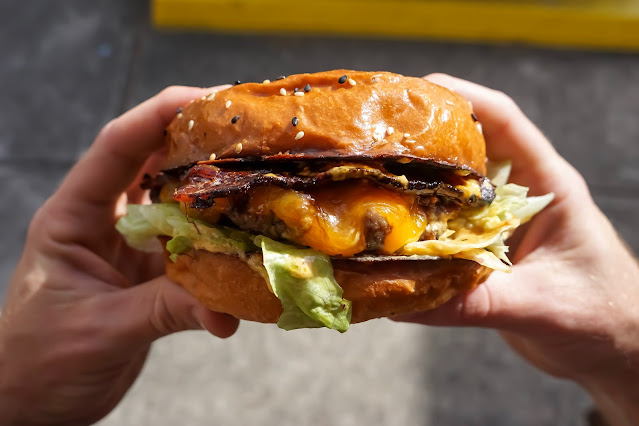
You may have heard that cutting fat is the key to losing weight. It's true that fat has more calories than protein or carbs, but low-fat diets don't necessarily mean low-calorie. Low-fat dairy products are often loaded with sugar to make up for the lack of flavor, and even foods like bagels can be considered low-fat because they're made from whole grains. If you're trying to lose weight, it's important not to cut out all fat from your diet—just make sure that what you eat isn't too high in saturated fats (the bad kind) or trans fats (the really bad kind).
Low Fat Diets Can Be High In Calories And Sugar
Sugar has been shown to increase hunger and cravings for other high calorie foods. So even if a food is labeled as "low fat" or "light," it might still be packed with sugar!
4. Mediterranian Diets
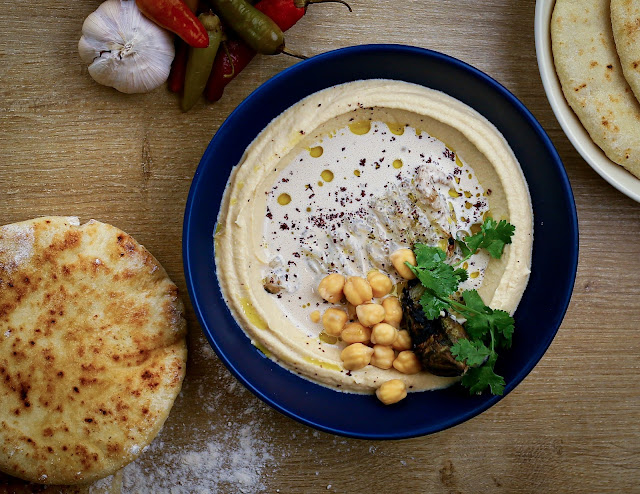
The Mediterranean diet is rich in vegetables, fruits, whole grains, legumes and nuts. It includes fish, poultry and eggs in moderation. The foods eaten on the Mediterranean Diet are digested better than those from an unhealthy Western diet that contains too many saturated fats and processed carbohydrates. The Mediterranean diet has been associated with lower risk for heart disease, cancer and Alzheimer’s disease.
5. Vegetarian and Vegan Diets

Are you a vegetarian or vegan? If so, you likely have a lot of information about the benefits of your diet and how to make it work for you. One thing to keep in mind is that some people find that they do better on a vegetarian or vegan diet than others. Sometimes it's because of health reasons (because they have an allergy or intolerance), sometimes it's because they want to eat more fruit and vegetables than meat or animal products, or sometimes it's simply because they feel like it's a healthier lifestyle choice.
Vegetarian diets are healthy and balanced when they include foods from all groups (fruits, vegetables, grains, dairy products) with an emphasis on plant-based proteins such as beans; however, these kinds of diets can be unhealthy if not planned carefully—for example with too much salt content due to eating processed foods without enough fresh produce! Vegan diets don't contain any animal products such as meat but may include eggs/egg whites/dairy if desired since these items do not come from animals either!
6. Atkins Diet
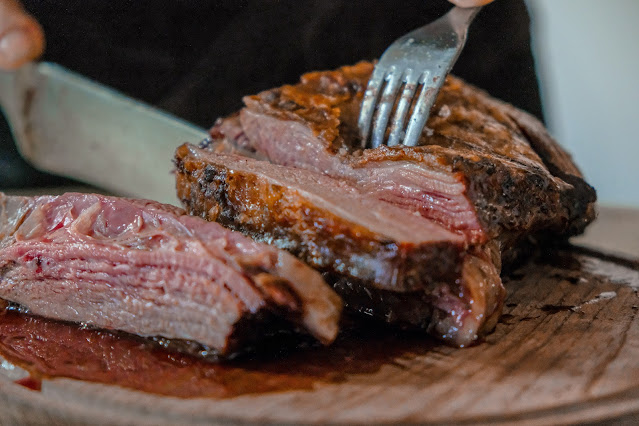
The Atkins Diet is a high-protein, low-carbohydrate diet. It is, in fact, a form of ketogenic diet (more on that later) and has been around since the 1970s. The Atkins Diet became popular because it has been shown to be effective in short term weight loss.
The Atkins diet focuses on the consumption of foods that are higher in protein than other diets, while restricting carbohydrates such as grains and starchy vegetables until later stages of their plan.
The goal of this type of diet is to get your body into ketosis by consuming fewer carbohydrates than your body needs for energy production so that it begins burning fat instead for fuel.
7. Keto Diet
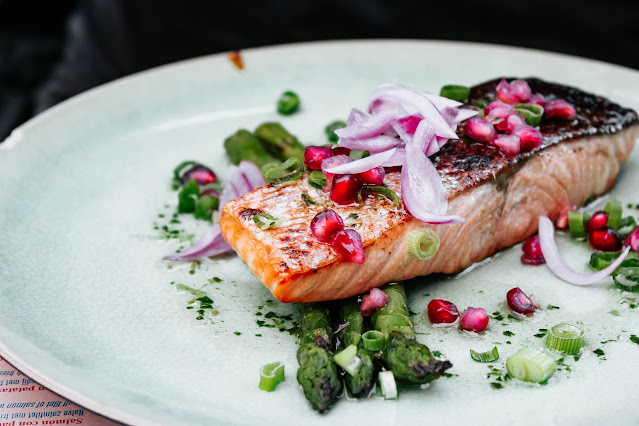
- The keto diet is a high-fat, low-carbohydrate and moderate protein diet.
- It's not for everyone, but it can be helpful for those looking to get results fast.
- If you're trying the keto diet, here's what you need to know:
- Keep your carbs and proteins low (to 20 grams or less per day). Most people will end up eating about 10% of their daily calories from carbohydrates and 15% from proteins. This should be enough fuel to maintain your weight and keep energy levels stable while still losing weight if that's what you want.
- You'll want to focus on foods with high fat content—like cheese, fatty meats like steak or bacon—and healthy oils like avocado or olive oil when cooking meals at home during this phase of transition into strict ketosis (more on this soon). But if you're going out with friends who don't follow these guidelines as closely as yourself? Try ordering a chicken salad without dressing so that all the fat stays in its place near the top of the food pyramid instead of being absorbed into dressing made with mayonnaise or other unhealthy ingredients often found in fast food restaurants' salads these days!
- The keto diet relies heavily on tracking macros (i.e., macronutrients like fats vs carbohydrates vs proteins) which makes it challenging at first since everything seems foreign compared even though we've been consuming them all our lives before starting out on this journey toward optimal health through nutrition optimization via specialized diets such as paleo/primal etc...
8. Gluten Free Diet
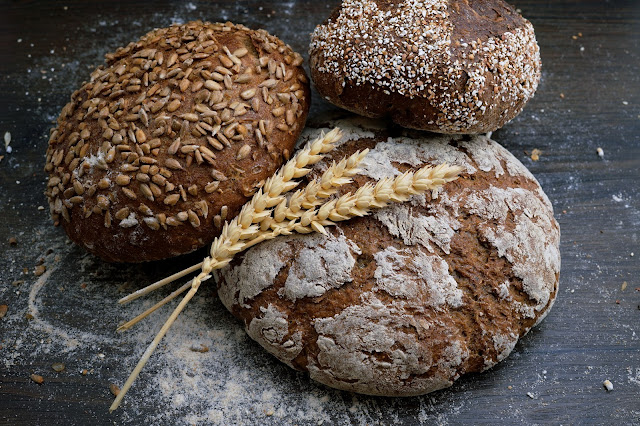
Gluten is a protein found in wheat, rye, and barley. It can cause serious digestive issues like bloating and constipation. Gluten intolerance may also cause inflammation in the gut which can lead to autoimmune diseases like arthritis or skin conditions like eczema.
Gluten intolerance may also cause weight gain by interfering with your body’s ability to make hormones that help regulate metabolism, as well as causing inflammation throughout the body which causes you to store more fat around your midsection.
There is no one size fits all diet that will work for everyone, but there's probably one out there that will work for you!
There is no one size fits all diet that will work for everyone, but there's probably one out there that will work for you!
But it's important to find a diet that works for you.
For example, if you are an incredibly picky eater or hate vegetables, then a vegan or vegetarian diet may not be the best choice for you.

Hopefully after reading this article, you feel more confident in choosing the right diet for YOU. There are so many options out there, but they all fall into one of these categories: weight loss diets, high protein diets (low carb or keto), low fat diets (Mediterranean), vegetarian/vegan diets or gluten free. Also remember that no matter what kind of diet you choose to follow, always listen to your body's needs! Happy eating!
